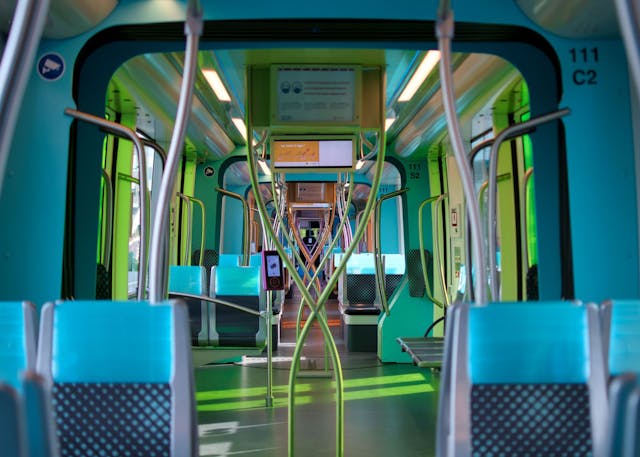Yuriko Backes: "Luxembourg will need a new airport"

Rocker Sta, Unsplash
The Minister of Mobility and Public Works, Yuriko Backes, has stated that Luxembourg needs a new international airport in the long term. Findel will reach its capacity limit in the coming decades: by 2040, passenger traffic could already exceed 8 million people (about 5 million today) and cargo volumes, which currently stand at 830,000 tonnes, will continue to grow.
We are not talking about the next few years: the construction of a new airport will probably be relevant only by 2050. But it is necessary to plan the infrastructure for 20-30 years in advance already now - emphasises the Minister. For now, the development strategy is focused on the large-scale modernisation and expansion of the existing Findel airport.
More than one billion euros are planned to be invested in the airport's infrastructure and supporting systems until 2032. 800 million of which will be invested by lux-Airport, including:
- expansion of the terminal by means of an extension to the left of the main entrance;
- reorganisation of internal spaces: relocation of baggage systems and improved baggage claim information;
- overhaul of taxiways and parking areas;
- renovation of the cargo centre;
- construction of a new terminal for business aviation, hangars, a catering building and a fleet repair workshop;
- expansion of the P-E car park by a further 400 spaces (up to 9,600).
The state, in turn, is responsible for projects such as the modernisation of the fuel infrastructure, including the construction of six new tanks. These tanks will increase paraffin reserves and will be counted as part of Luxembourg's defence investment - Findel is also a NATO airport.
Traditional air traffic control will be replaced by a virtual control centre: the runway will be displayed on panoramic screens, in accordance with Single European Sky standards. This will not only reduce the workload on personnel, but also improve safety and control accuracy.
Despite the discontent of residents living near the runways, the airport plays a key role in the country's economy - according to recent estimates, it provides around 90,000 jobs. Nevertheless, the government is taking steps to reduce night flights: agreements have already been signed with Cargolux and Luxair to limit landings after 23:00 as much as possible.
Despite the expensive reconstruction of the runway in 2021-2022, the facility has been receiving numerous complaints: defects have been recorded that do not meet the standards of the recently renovated runway. Lux-Airport has ordered an independent international expertise to establish the cause and determine who is responsible - contractor, designer or customer. The minister does not rule out that the runway will have to be overhauled again.
The airport continues to develop links with the city: already 18% of passengers use the tram launched to the terminal. The building will have screens with real-time arrival times for public transport. A separate focus is on improving the passenger experience: the business lounge will be relocated and expanded, and the security system will be strengthened and switched to 3D scanners as soon as they receive pan-European approval.
Yuriko Backes emphasises that the airport should not catch up with growth, but get ahead of it. This is why the government is striving for systemic transformation - from architecture to technology and policy.




